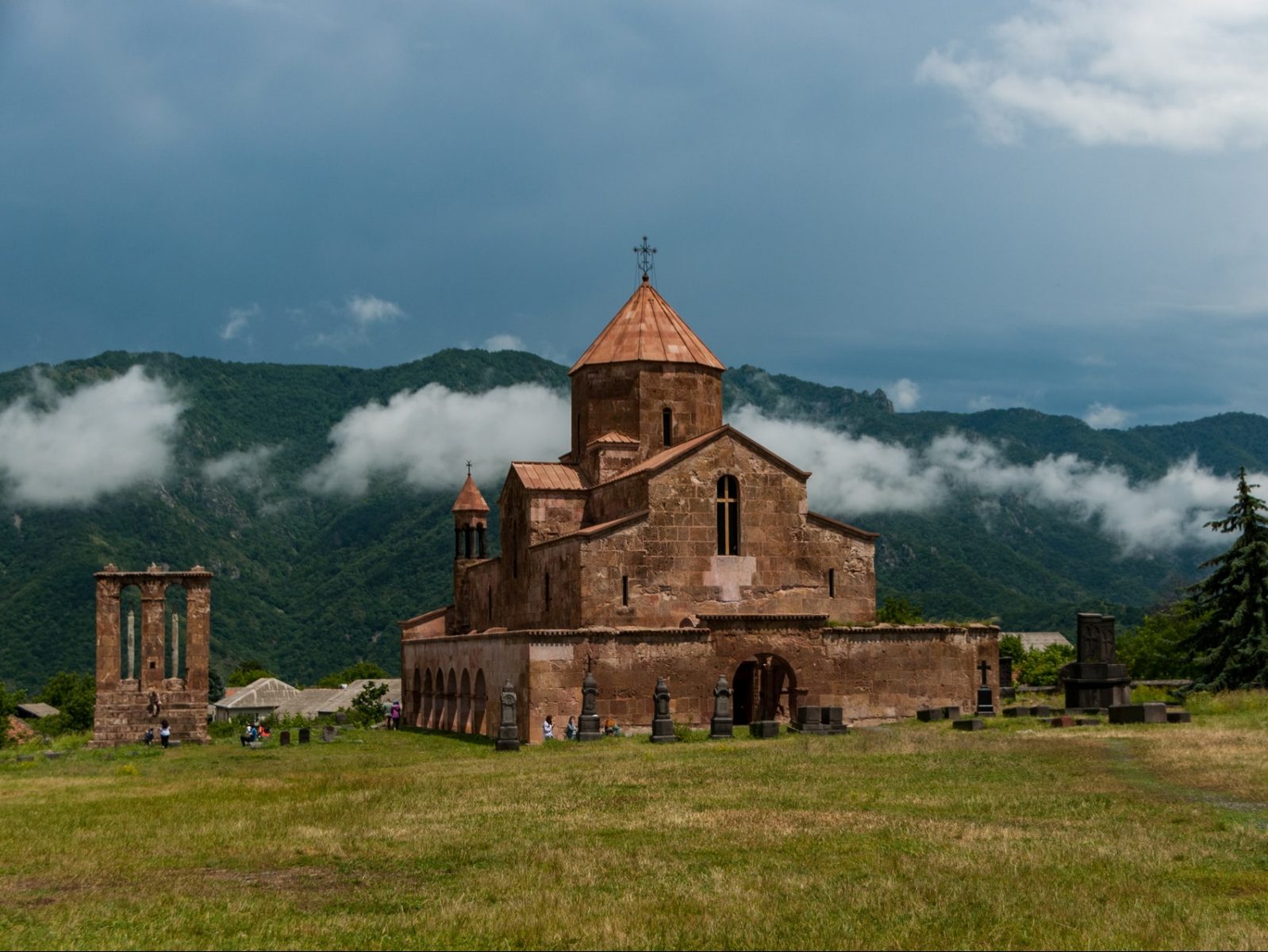The non-existence of Armenians from the 1930s to mid-1960s in the Turkish memory, public and political space is conspicuous. This obliteration displays a different pattern from the 1920s and 1930s when the memory of the Anatolian Armenians was alive and post-1965 era in which heated debates are at work. In the two decades after 1915, it was still a near and present threat from abroad. The Armenian diaspora’s influence over the US legislation had precipitated a few diplomatic crises between Turkey and the United States, such as the one about the attempted shooting of the film The Forty Days of Musa Dagh in 1935. Although Armenians physically only marginally remained in Turkish soil, their presence as an imagery and by way of interfering Turkish diplomatic relations was there. This memory in Turkey, however, was abruptly silenced especially after the Second World War. The only exception was the monumental book of Esat Uras (Ermeni Sorunu/Armenian Issue, 1953) that bonded the two eras before and after. It was, indeed, this silence that rendered Uras’ contribution monumental and a reference book in the making of the Turkish denialist canon.
One major reason for the Turkish silence was the political atmosphere of the Cold War in which communism replaced the minorities as the most important source of perceived security threats in Turkey. This era is the missing link that needs to be further assessed to establish the bond between the immediate aftermath of 1915 and post-1965. Some glimpses to conceive the political nature of this era could be found in the Turkish parliamentary speeches between 1945 and 1965. Until the sudden eruption of the debates as a response to the Armenian allegations, Turkish parliamentarians only used the word Armenian in passing. These mentions often do not concern real Armenian citizens in Turkey or abroad but contain symbolisms laden with negative connotations. Turkish parliamentarians seldom refer to ‘good Armenians’ too. Usually, good Armenians are commended for their contributions to the late Ottoman Empire in medicine, architecture and education. These positive descriptions of Armenians, however, were often used as a strategy to distinguish between the ‘good’ and ‘bad Armenians’.
We need to think further on the silence about Armenians in this period of Turkish politics. It can be seen as a way of denialism through ignoring the long historical existence of the community in Turkey. We observe the reversal of this silence by way of cultivating new strategies to encounter the Armenian allegations by the 1970s as a new denialist canon was crafted. Yet the period in question is another era. Türkay Nefes’ (2021a, 2021b) recent studies enables us to think this silence along with studies of Lerna Ekmekçioğlu and Talin Suciyan who examined what it means to live in a post-genocide society in which a small community getting smaller needs to live in silence. For the Armenian community in Turkey, to live peacefully needs a reciprocation of the silence about their history in the country. This means an unspoken agreement that accepts Turkish politics to speak about your history and identity. But what it means for the majority is another question.
References
Nefes, T. S. (2021a) The relationship between perceived security threats and negative descriptions of Armenians in Turkish politics (1946–1960). Nationalities Papers, 1-15.
Nefes, T. S. (2021b) Explaining negative descriptions of Armenians in Turkish Parliamentary Speeches (1960-1980) via group position theory. Quality & Quantity
Fotoğraf: Ani Adigyozalyan

